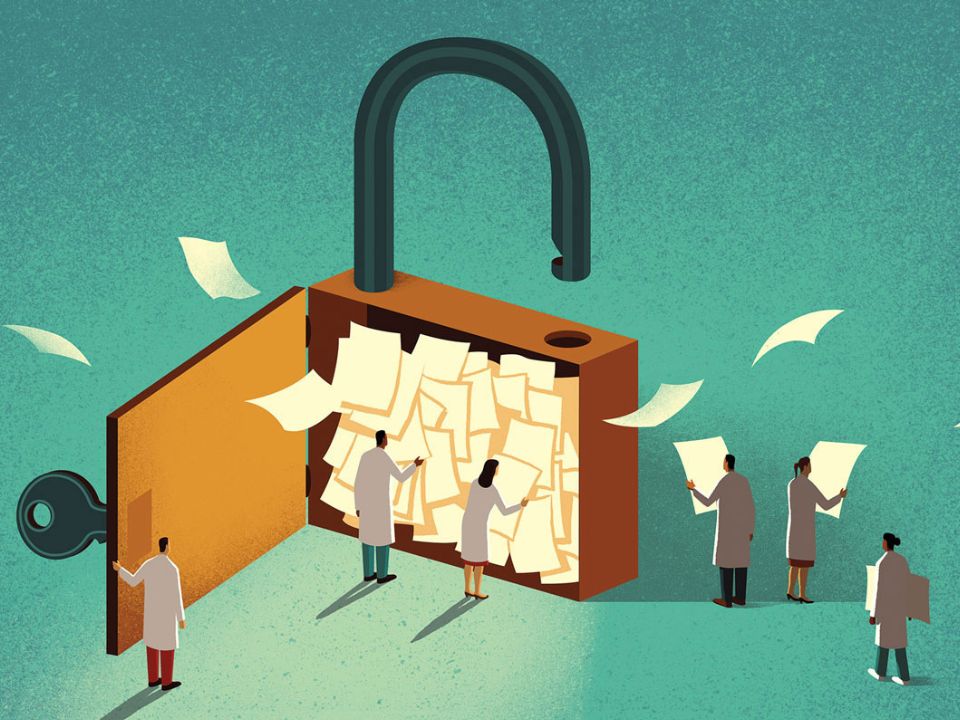
An interview is a formal conversation that includes two or more individuals. It consists of an interviewer and the interviewee. There are many different types of interviews, however, this article will focus on one type of interview, the one most in-demand, job interview. As we all know, there are many interview tips but not all apply to every situation.
Job Interview: Starter Pack
Here are some tips for an interview-newbie to check on before embarking on a new phase of life.
1. Listen Carefully To The Questions Asked

Image via TECH WYNK
The primary key to an effective interview is to be attentive. It is very important for an interviewee to pay attention to the interviewer in order to avoid making mistakes such as not being able to provide answers as expected by the interviewer. In regards to not doing so, interviewees should listen carefully to the question and take a few seconds to properly digest and construct a convincing reply.
2. Relate Your Answers To The Job Requirement

Image via The New Yorker
Unlike casual conversations, interviews should be carefully structured, from beginning to end. It is safe to assume that the interviewee must have done a little background check on the company they are interviewing for. Therefore, they must know the criteria of a potential employee that the company needs. With this information, try to construct your answer in a way that makes yourself eligible for the position.
For example, if the company is looking for someone who values time, try to subtly include that point into your response to show them that you acknowledge the importance of valuing time.
You could say, “I am overall a person who is still improving in many aspects. Especially when it comes to time. I respect everyone’s time and I believe that time plays a significant role in someone’s chances of thriving successfully in life,”.
3. Be Honest When Describing Yourself

Image via Top Interview
It is important to let it be known to your interviewers of your skills and all the things you have to offer. Interviewers may ask you to tell them about yourself. Naturally, you may think to yourself, “This is my time to shine,”.
One thing to bear in mind is not to obsess over wanting to ‘wow’ them. Overselling yourself might lead to several consequences such as not being able to live up to that standard which you yourself have set. The easiest way to avoid this is by just being yourself. Always be truthful about what you are capable and incapable of doing.
Also, when stating your strengths and positive traits about yourself, you may worry about sounding boastful. You can taper it down by showing gratitude, acknowledging contributions of other, “I am truly grateful for … because it made me who I am today,”.
4. Let It Be Known That You Value Time

Image via Entrepreneur
Employers are interested in learning how you manage your time and effort to be effective and efficient. They want to see if you have a system of your own for keeping on top of the job outside of the company’s schedules and workflow plans. Make sure to emphasize that you respect and commit to deadlines.
On top of that, interviewees should also know the right time to unleash that quality to the interviewers. The most suitable time to tell the interviewer of this point is when they ask about, perhaps, your strengths or skills. Then, you start slowly telling them the qualities you possess that they do not want to miss out on.
5. Ask Strong Questions To The Company

Image via Freepik
Before the interview ends, ask them questions that depicts how you are a forward-thinker. Questions like, “If the new hire was to achieve on thing that would blow your mind, what would it be?” You’re letting your potential employer know with this inquiry that you don’t just accomplish the bare minimum but that you intend to go above and beyond.
Looking for ways to impress your interviewer? Learn more on how to achieve that in Ace Your Interviews: Leave A Good Impression On Recruiters & Employers.
To sum it all up, despite the possibility that interviews may seem formal, it should not be seen as a nerve-wrecking interaction. To put it in a simpler form, it is just a conversation of whether one is qualified for the position. Rejection does not equal failure and there is always room for improvement. Hope this some of these tips for interview are helpful!










